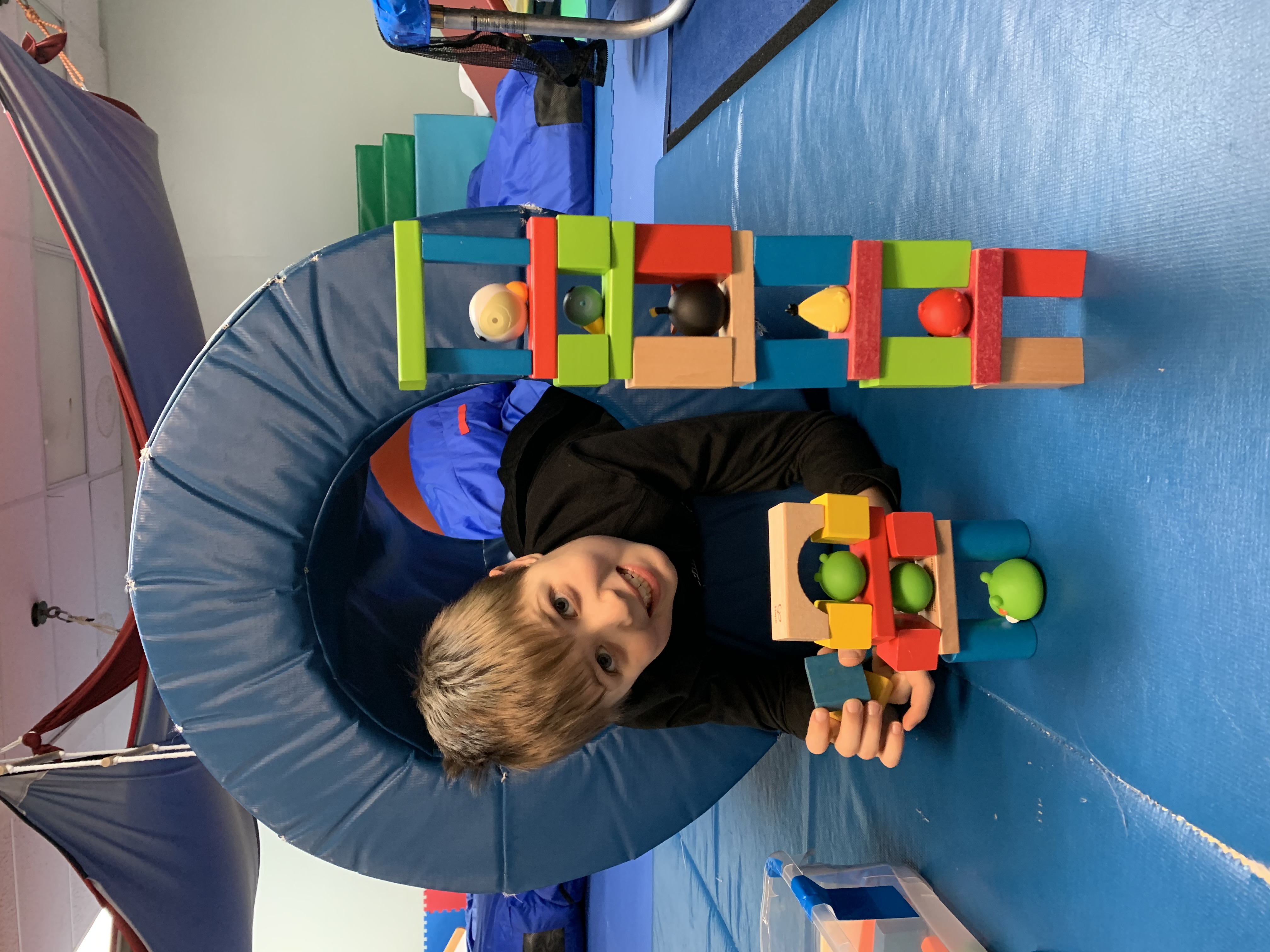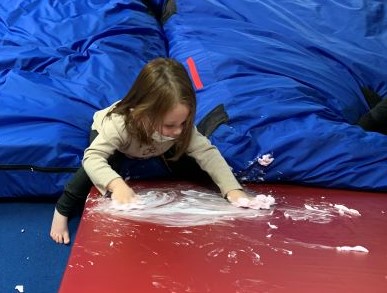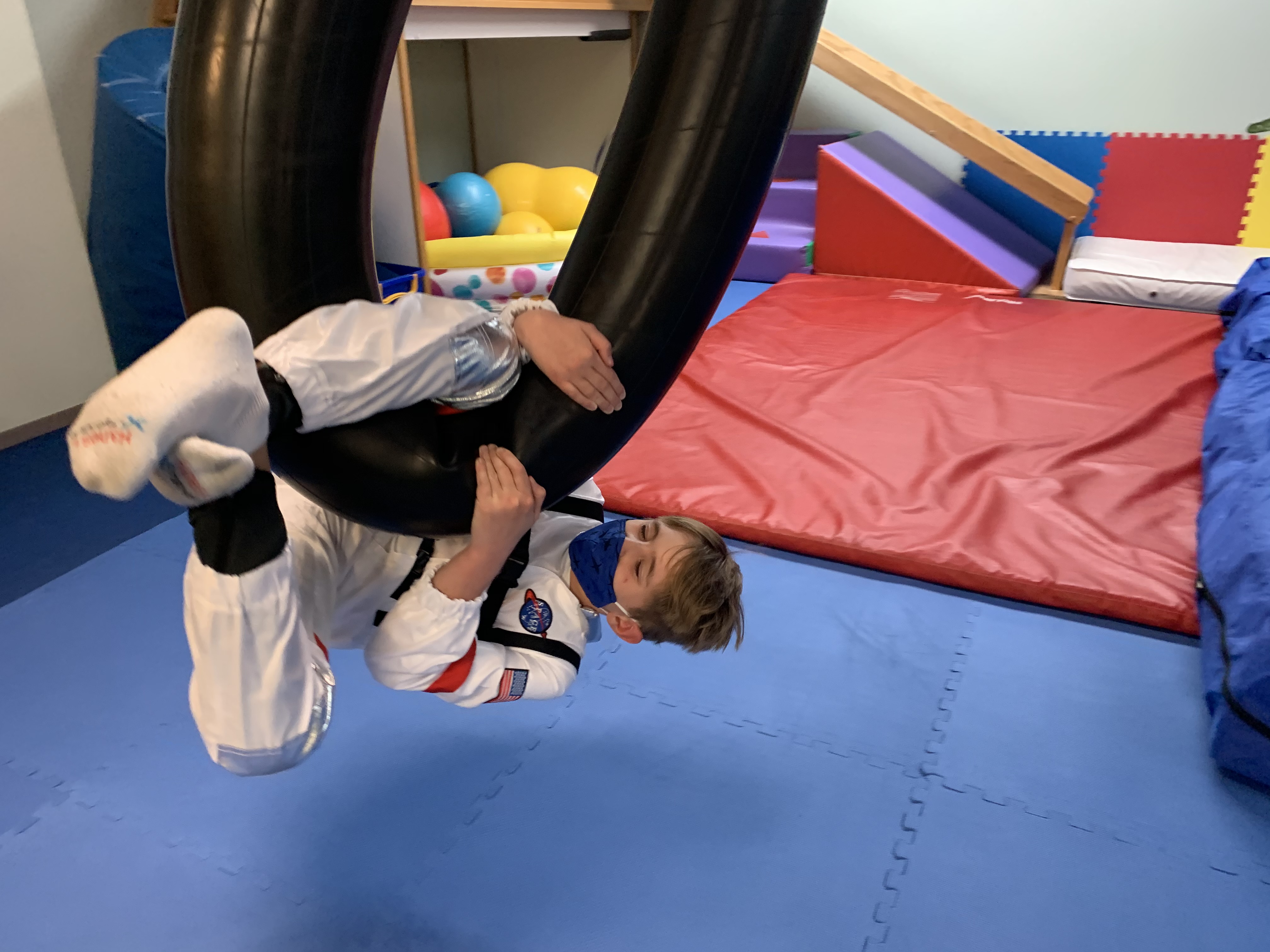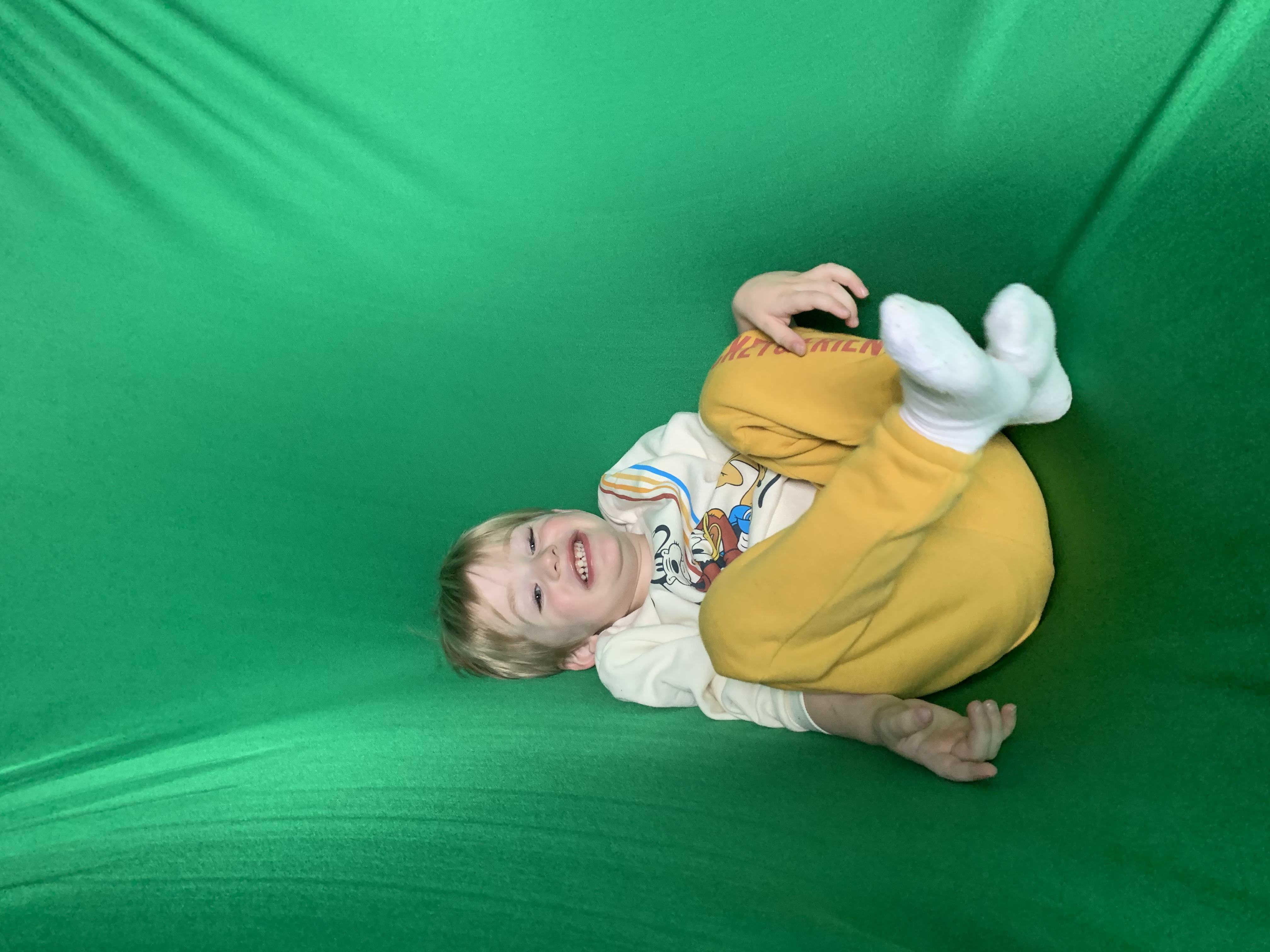We are a dedicated group of individual clinicians working in collaboration with parents and caregivers to meet each child’s therapeutic needs.
Each of our clinicians has a vast amount of expertise ranging from 7 years to over 40 years experience with ongoing training and education/certifications in their individual fields as well as in the area of DIR®.
We work together as a team to treat each child at his or her developmental level, recognize their unique individual profile with both strengths and differences, and embrace what is meaningful to each child using play as the foundation of therapy.
Using the DIR Floortime Model®, Climbing The Ladder clinicians employ a well-known developmental methodology within the expertise of their own discipline
to support each child and family to meet their highest potential.
Parents are encouraged to play an active role in their child's therapy as we believe that the greatest development occurs in the context of the relationship between a child and his parents.
We use the power of relationships to lay appropriate foundations that support each child's climb up the developmental ladder.


Additionally, our occupational therapists use an Ayres Sensory Integration® approach in their treatment to support how children take in sensory information, process it and respond to it through adaptive behaviors that allow them to use their bodies and interact with the world around them.


What is DIR®? DIR® is a therapeutic model developed by Drs. Stanley Greenspan and Serena Wieder that supports children with special needs to build healthy foundations for social, emotional, and intellectual capacities rather than focusing on isolated skills or behaviors.
(D)evelopmental refers to each of the nine stages in building these capacities. It includes helping a child learn how to achieve a calm and well organized state of being, relate and engage with others, initiate and respond to all types of communication, participate in shared social problem-solving, use ideas to communicate, think and play creatively, and combine ideas together to think logically in increasingly complex ways.
(I)ndividual/differences refers to the unique neurobiology that each child brings to the interaction with his/her caregivers. It is the way in which a child takes in, responds to, and comprehends sensations such as sight, sound, touch, taste, smell, movement, and the way in which he/she plans, sequences and executes actions and ideas.
(R)elationship-based refers to the powerful impact of individualized and child specific relationships (with caregivers, therapists, peers, etc.) that support each child in mastering the critical foundations.
Learn more about DIR® at www.profectum.org or www.icdl.com.
Learn more about Ayres Sensory Integration® at SensoryIntegrationEducation.com